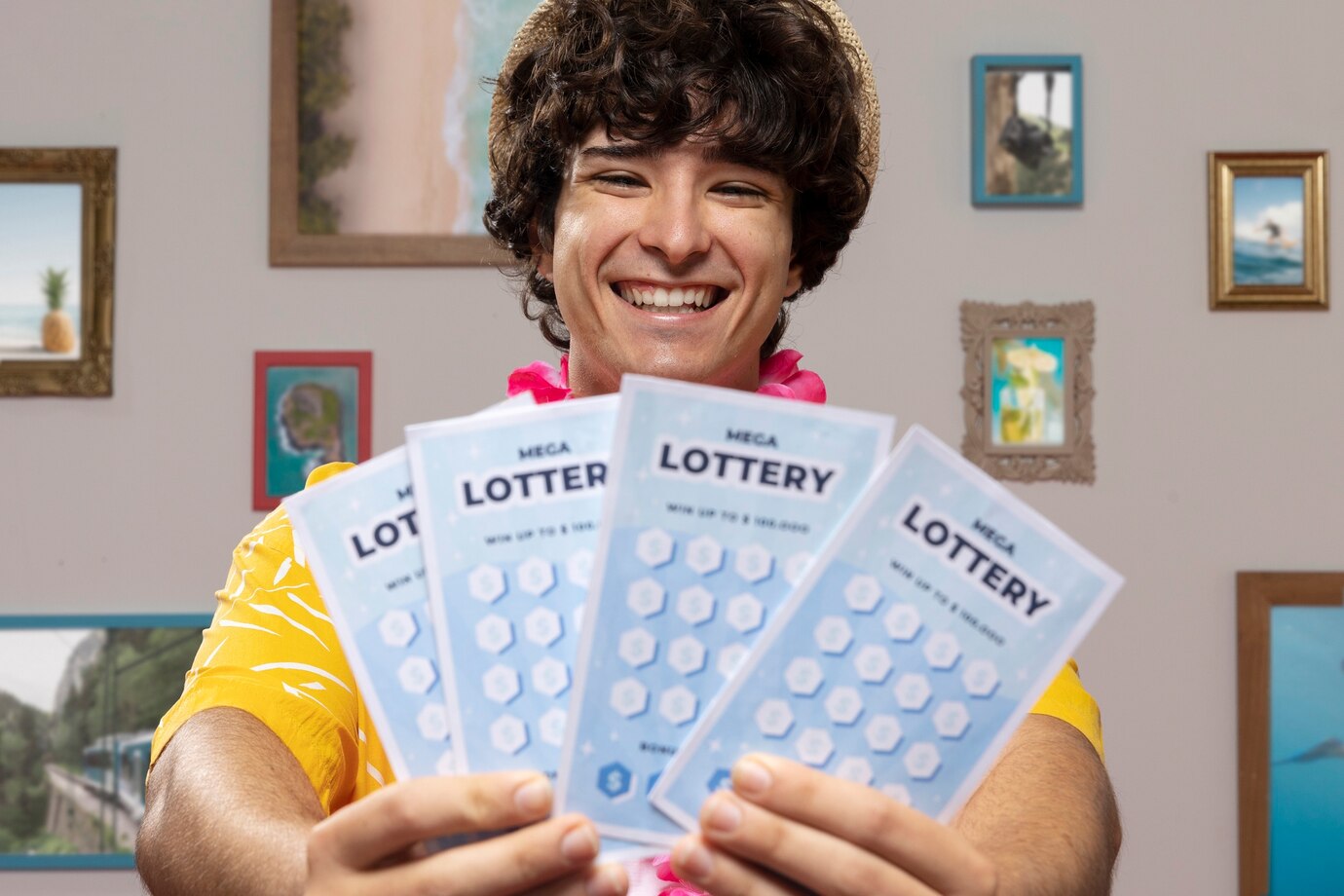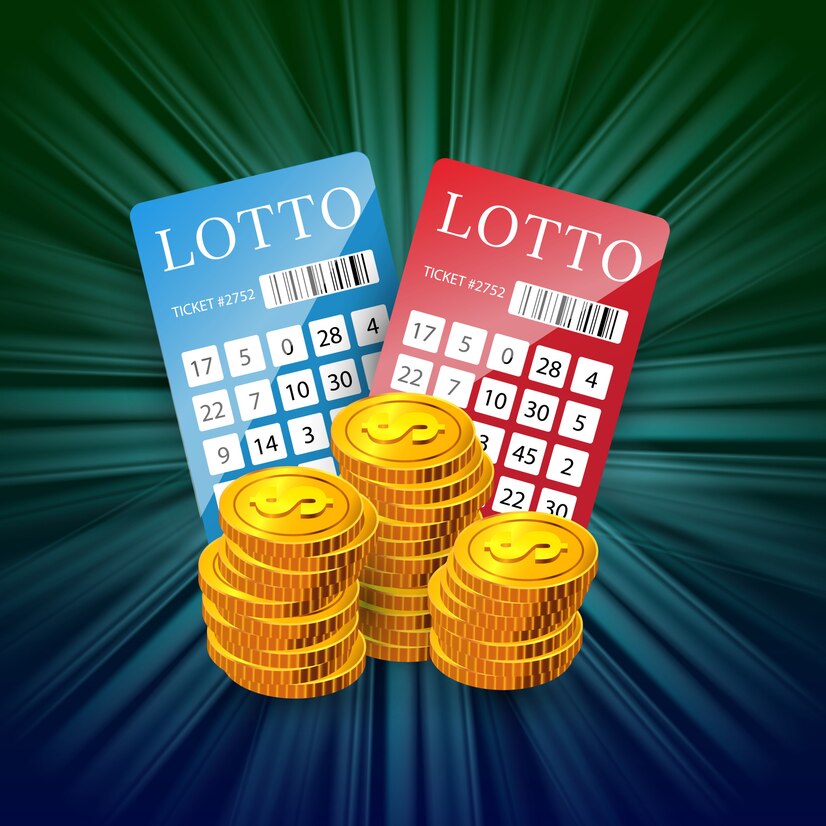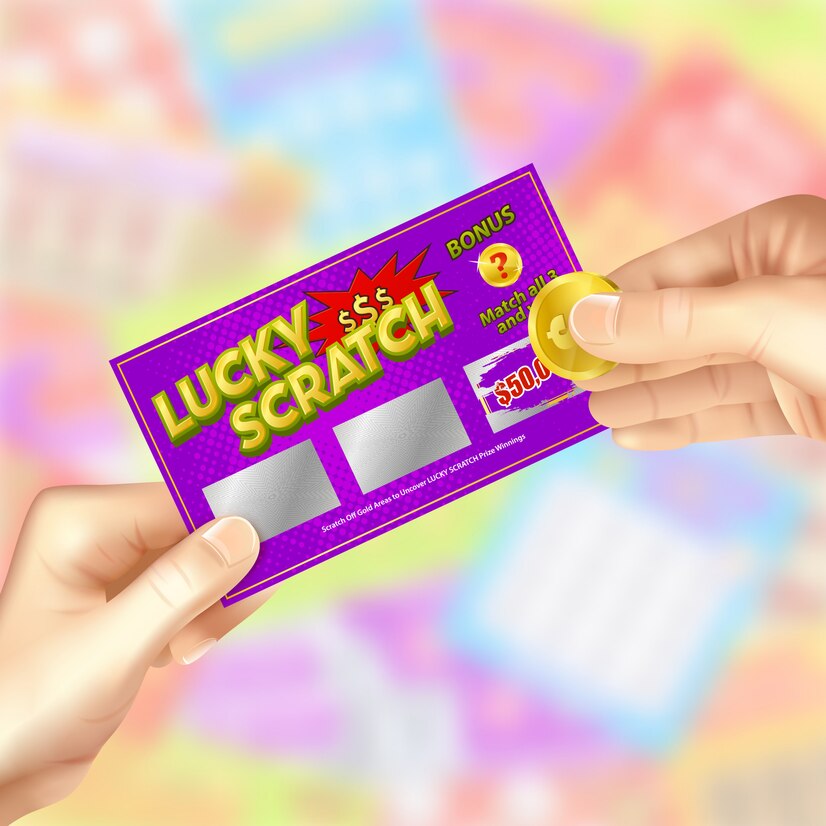Main Lottery Fraud Schemes
Lottery scams remain popular because the promise of an easy win attracts many people. Fraudsters use various methods of deception, making victims believe in their luck and voluntarily give away money or personal data.
The most common fraud schemes:
- Fake winning letters. A person receives an email, messenger message, or SMS notifying them of a large win. To claim the prize, they need to pay a 'tax', 'insurance', or 'transfer fee'.
- Fake lottery tickets. Sold on suspicious websites or by hand. Such tickets resemble real ones but do not entitle the holder to claim a prize.
- Lottery payout scams. The victim is informed that they have won a large sum, but to transfer the money, they need to pay a certain percentage or undergo 'verification'.
- Instant lottery scams. Cards with a protective layer, supposedly hiding a win, are distributed on the streets or online. After contacting the 'organizers', the person is asked to pay for the processing.
The scam is based on creating a sense of luck for the victim. The person believes in their victory and voluntarily sends money or provides personal information.

Winning Scams: Methods of Influencing Victims
Scammers use various manipulation techniques, making victims rush to make decisions. Common methods include:
- Creating urgency. Fraudsters claim that the prize must be claimed within a few hours, or it will go to another winner. This forces the person to act without verifying information.
- Imitating official organizations. Logos, details, and names of real companies are used. Fake websites resemble official resources of well-known lottery operators.
- Partial winnings. The victim is first paid a small amount to build trust, then convinced to pay 'taxes' or 'processing fees' to receive a larger prize.
- Fake calls. The person receives calls from 'lottery center employees' convincing them to pay the costs of transferring the winnings. Number spoofing technology is often used to make it appear as if the call is from an official phone.
- Another scam method is selling '100% winning' tickets. Buyers are promised they will definitely receive a large sum, but after payment, it turns out the draw does not exist.

Online Lottery Draw Scams
Lottery scams are actively spread through social networks, messengers, and one-day websites. Users are offered to participate in an 'exclusive' draw, supposedly organized by a well-known company.
Signs of Fraud:
- Prepayment for a prize. Real draws do not require monetary contributions. If you need to pay to receive the winnings, it is a scam.
- Lack of transparent conditions. In dubious lotteries, the contest rules are vague, and winners are chosen randomly.
- Request for personal data. Scammers may demand a card number, passport data, or CVV code, which can lead to money being stolen from the account.
- Fake websites. Fake pages masquerade as official resources but have differences in domain name or design.
- Guaranteed winnings. In real lotteries, the winner is determined randomly and does not receive a prize automatically.
Some scammers create fake social media accounts on behalf of well-known companies and conduct fake draws. Winners are offered to 'deposit' to activate the winnings, after which they stop communicating.

How Not to Fall for a Lottery Scam
To avoid scams, you need to follow a few simple rules:
- Verify information sources. Real lotteries publish winner lists only on official websites. Unexpected winnings should be checked through reliable sources.
- Do not transfer money. In legal lotteries, claiming a prize does not require prepayments. Any demands to pay 'taxes' or 'insurance' indicate a scam.
- Research the organizers' contacts. Real lottery companies do not contact winners through messengers or free email services.
- Check websites. If a resource seems suspicious, check its domain name, reviews, and registration date.
- Do not disclose personal data. A request for a card number, CVV code, or passport data indicates an attempt to steal information.
Additionally, you can use services to check suspicious numbers and websites and watch for warnings from official lottery operators.

Lottery scams are designed to exploit people's trust and desire to get money effortlessly. Attention and information verification can help avoid financial losses and protect personal data.
 >
>